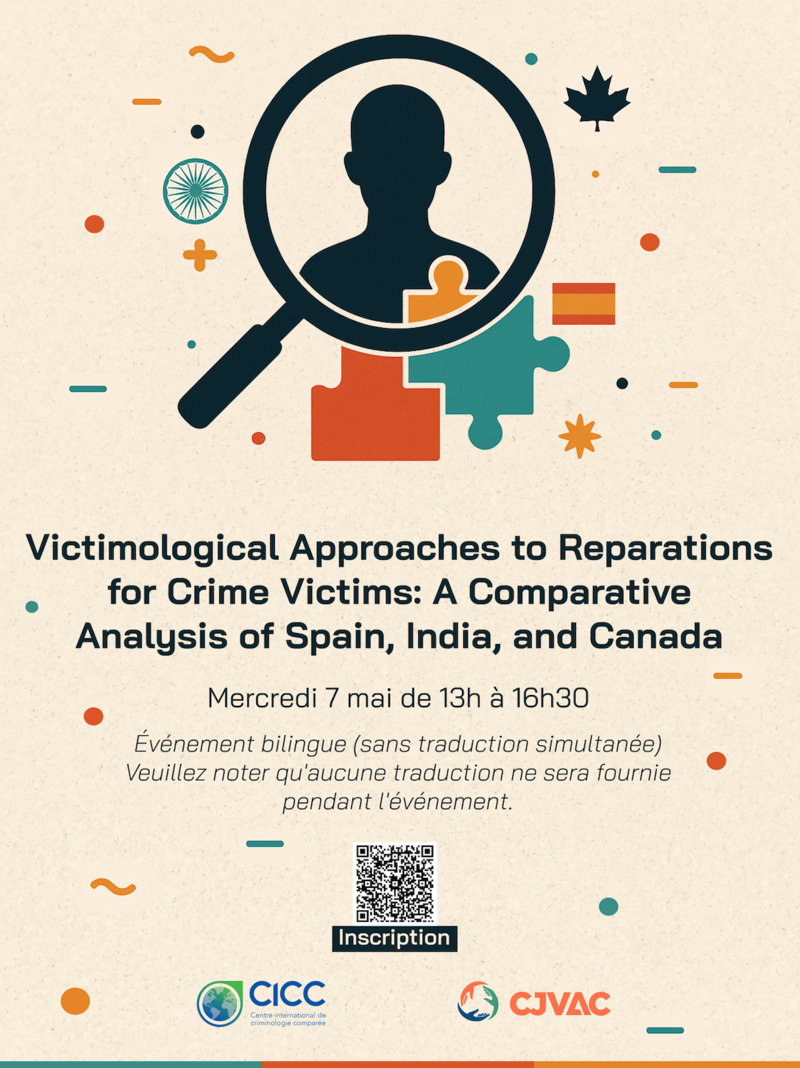
Date: Wednesday, May 7, 1:00 p.m. – 4:30 p.m.
Presentations in English. Questions welcome in French.
![]()
Victimological Approaches to Reparations for Crime Victims
A Comparative Analysis of Spain, India, and Canada
This workshop explores reparation mechanisms for crime victims across three distinct legal and cultural contexts. Through a comparative victimological lens, speakers will examine how Spain, India, and Canada define and implement reparation, as well as the challenges and successes in achieving justice for victims.
1:00–1:10 p.m. — Opening Remarks
Alain-Guy Sipowo, Université de Montréal
1:10–1:55 p.m. — Longitudinal Understandings of the Right to Reparation for Victims of Serious Crimes: Examples from Spain and the Basque Country
Gema Varona, University of the Basque Country
1:55–2:05 p.m. — Q&A
2:05–2:15 p.m. — Coffee Break
2:15–3:00 p.m. — Trauma-Informed Justice and Reparation Efforts in India
Bhanu Prakash, Centre for Victimological Research and Victim Assistance & RV University, India
3:00–3:10 p.m. — Q&A
3:10–3:20 p.m. — Coffee Break
3:20–4:05 p.m. — Transformative Justice: Victim-Centred Restorative Justice
Jo-Anne Wemmers, Université de Montréal
4:05–4:15 p.m. — Q&A
4:15–4:30 p.m. — Closing Remarks
Alain-Guy Sipowo, Université de Montréal
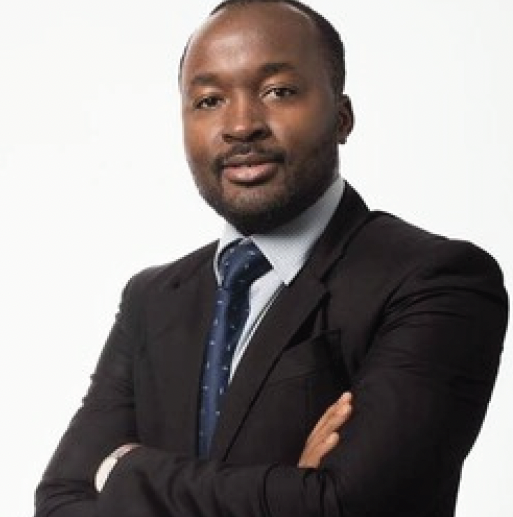
Alain-Guy Sipowo
Alain-Guy Sipowo holds an LLB and a Master’s in Public Law from the University of Yaoundé II (Cameroon), a Master’s in International and European Human Rights Law from the University of Nantes (France), and a Master’s in International Relations with a specialization in dispute resolution from the Institute of International Relations of Cameroon. A specialist in victims' rights, human rights, and international justice, he taught international law from 2010 to 2020 in law faculties in Québec and Europe. A member of the Québec Bar since 2018, he joined the Université de Montréal’s School of Criminology in 2021 as an Assistant Professor of Victimology.
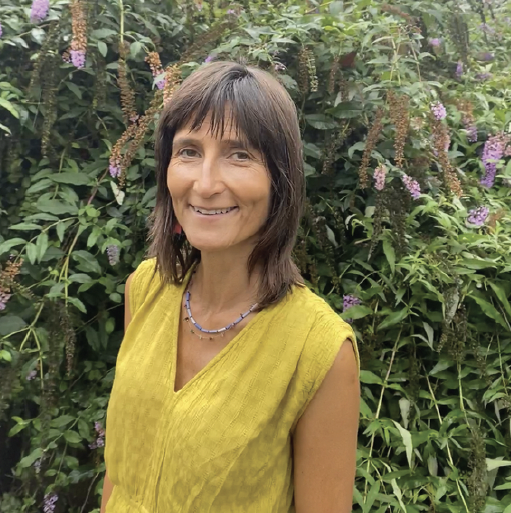
Gema Varona
Gema Varona is a research professor in Victimology and Criminal Policy at the Faculty of Law of the University of the Basque Country and director and senior researcher at the Basque Institute of Criminology (Donostia/San Sebastian, Spain). President of the World Society of Victimology and member of the Basque Academy of Science and Arts. Coordinator of the degree in criminology (2014-2017) and co-director of Post-graduate studies in Victimology at her University, former member of the Ethics Committee for Research at that University, she has authored books on migration and human rights, restorative justice, juries and the construction of juridical truth, women local safety audits, victims of terrorism, victims of sexual abuse and evaluation of public policies.
Summary :
This presentation will start with the state of the art on international standards and their application in Spain and the Basque Country in relation to the right to reparation for victims. The presentation will compare the diversity in social understanding, legal and political victim treatment in the case of violence against women in the field of intimate partner or ex-partner violence, political violence and sexual violence against minors in family and organisational contexts. Something that appears in common, in line with victim advocacy groups in other countries, is that victims demand a longitudinal understanding of the right to reparation as something that begins when the victimization occurs and does not end with a judicial decision. It might even requir e component s of intergenerational justice (usually explored in green victimology). In this sense, reference will be made to the (complementary) contribution of restorative justice, transitiona l justic e and transformative justice.
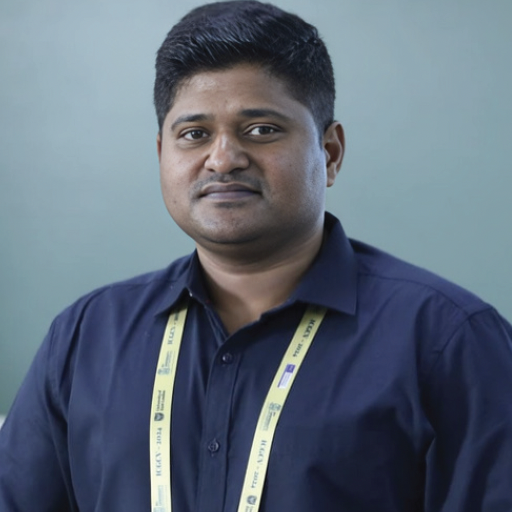
Bhanu Prakash Nunna
Dr. Bhanu Prakash Nunna is currently one of the two vice presidents of the World Society of Victimology (WSV) and the Chair of the Membership and Advancement Committee of the WSV. He is also the Director of the Centre for Victimological Research and Victim Assistance and an Assistant Professor (Psychology and Victimology) at the School of Law, RV University, India. Dr. Nunna is also the Programme Director of the undergraduate Criminology programme at RV University. He is a psychologist by training and has over 15 years of experience in counselling trauma victims, caregivers, teenagers, and the geriatric population. His research interests are victim support, sexual victimization, secondary victimization, trauma-informed practices, and victim support training. Dr. Nunna is the Founding Co-director of the Bangladesh Postgraduate Course on Victimology. He was also a Resource Faculty member at the prestigious Postgraduate Courses on Victimology at the Inter-university Centre, Dubrovnik, Croatia; City University, Hong Kong; University of Surabaya and the University of Indonesia, Indonesia; and O.P. Jindal Global University, India. In 2018, he received the World Society of Victimology Scholarship.
Summary :
Multi-faceted conflict and trauma have long plagued India, ranging from historical injustices to modern-day violence caused by political, ethnic, religious, and systemic factors. Human rights violations, communal violence, insurgencies, and forced displacement have left deep scars on individuals and communities, requiring frameworks for healing, accountability, and justice. Trauma-informed justice offers an alternative by focusing on how legal and reparation systems can acknowledge, address, and mitigate trauma while empowering victims. To begin, this lecture provides a broad context for crime, violence, and human rights violations in India. Using some case studies, it explores traumainformed justice practices in India, analyzes reparation efforts for victims of crime and violence, and highlights successful and challenging approaches to trauma-sensitive justice. As a way forward, the lecture highlights the need for a multi-stakeholder approach, involving the state, civil society, and mental health professionals to ensure survivors are compensated and empowered to heal and rebuild their lives. India can create a justice system that prioritizes victim safety, dignity, and recovery by integrating trauma sensitivity into legal and institutional processes. It can move closer to creating a more inclusive and compassionate justice system.
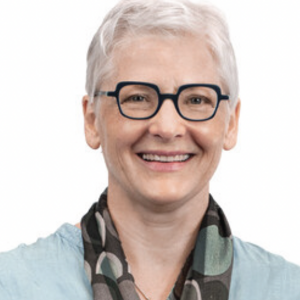
Jo-Anne Wemmers
Jo-Anne Wemmers is a Full Professor at the School of Criminology, Université de Montréal, and a regular researcher at the International Centre for Comparative Criminology (CICC), where she co-directs the Centre for Justice for Victims of Crime (CJVAC). A leading expert in victimology, she serves as Vice President of the World Society of Victimology. She is the author of nearly 100 publications, including Victimologie : une perspective canadienne (PUQ) and Reparations for Victims of Crimes Against Humanity (Routledge).
Summary :
Canada has been a leader in restorative justice (RJ), which involves victims, offenders, and communities in addressing harm. Since the 1970s, programs like the Victim Offender Reconciliation Program (VORP) have diverted offenders from the traditional justice system. Extrajudicial measures, which divert cases out of the criminal justice system, continue to be a dominant form of RJ in Canada. However, diversion programs risk using victims to achieve criminal justice goals (Green 2006). Victimology invites us to not only consider harm by individual offenders but also acknowledge the role and responsibly of the community and society in creating conditions that enable victimization. Victim-centred RJ is transformative. Victims remind us that healing doesn’t mean returning to pre-crime conditions. In this presentation we will examine some victim-centred restorative practices.
Attention - Votre version d'Internet Explorer est vieille de 20 ans et peut ne pas vous offrir une expérience optimale sur le site du CICC. Veuillez mettre à jour votre ordinateur pour une expérience optimale. Nous vous recommandons Firefox ou Chrome, ou encore ChromeFrame si vous êtes dans un environnement corporatif ou académique dans lequel vous ne pouvez pas mettre à jour Internet Explorer.